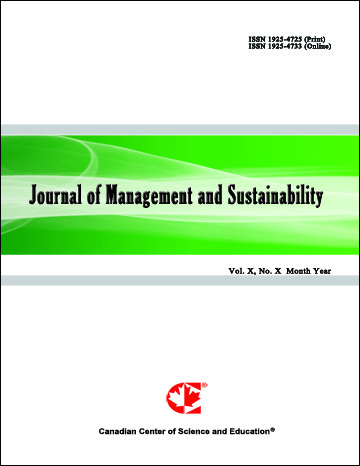Revival of Hauz Khas Lake in Delhi: Approaches to Urban Water Resource Management in India
- Deya Roy
Abstract
The decline of urban water bodies in India needs to be arrested for sustainable water management in rapidly expanding Indian cities. Reuse of water after partial recycling can reduce environmental stress. Delhi, the Indian capital, has a number of surviving water storage structures built by successive rulers over centuries to tackle water shortage in the summer. In modern Delhi, a fourteen million plus city, water is supplied through technological networks, hastening the decline of the old water storage structures. The old lakes are choked with filth and the step-wells are heaps of rubble. The Indian National Trust for Art and Cultural Heritage (INTACH) and the Delhi Development Authority (DDA) have undertaken a project to revive a 700 year-old water body, lying dry for decades, the Hauz Khas Lake, with treated sewage water. The idea was to raise the groundwater table and restore the natural environment of the lake, a past habitat for water birds. This paper attempts to evaluate the immediate impact and the long-term sustainability of the effort through discussions with technical personnel, field observations and interviews with local residents. Manuals and progress reports of the concerned organizations are used as secondary sources. The paper also examines the views of government officials and NGOs regarding the role of other similar projects in alleviating Delhi’s water shortage.
- Full Text:
 PDF
PDF
- DOI:10.5539/jms.v6n4p73
Journal Metrics
Google-based Impact Factor (2021): 1.54
h-index (July 2022): 37
i10-index (July 2022): 147
h5-index (2017-2021): 12
h5-median (2017-2021): 19
Index
- Academic Journals Database
- ANVUR (Italian National Agency for the Evaluation of Universities and Research Institutes)
- CAB Abstracts
- CNKI Scholar
- EconBiz
- Excellence in Research for Australia (ERA)
- GETIT@YALE (Yale University Library)
- Harvard Library
- HeinOnline
- Infotrieve
- JournalTOCs
- LOCKSS
- MIAR
- PKP Open Archives Harvester
- RePEc
- Scilit
- SHERPA/RoMEO
- Stanford Libraries
- UCR Library
Contact
- Evelyn XiaoEditorial Assistant
- jms@ccsenet.org
